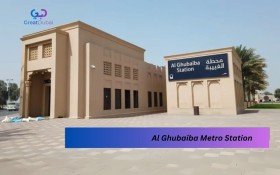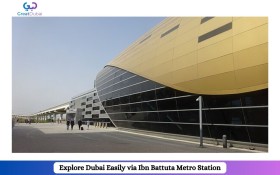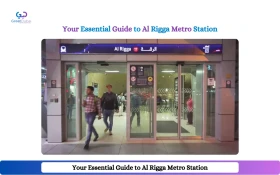Understanding Dubai Prayer Times as a Tourist
Overview
If you're a visitor to Dubai from a non-Muslim background, in particular, you may be interested to learn more about Muslim prayer times in Dubai. When do they take place? What occurs during prayer? And is there anything else a visitor must do or see?
As one of the Five Pillars of Islam, Muslims must offer Salat (prayer) five times every day. You will undoubtedly encounter Islam throughout your visit to Dubai and the United Arab Emirates, whether it be in the form of a call to prayer words, notices for prayer rooms in the mall, or even an arrow on the roof of your hotel room!
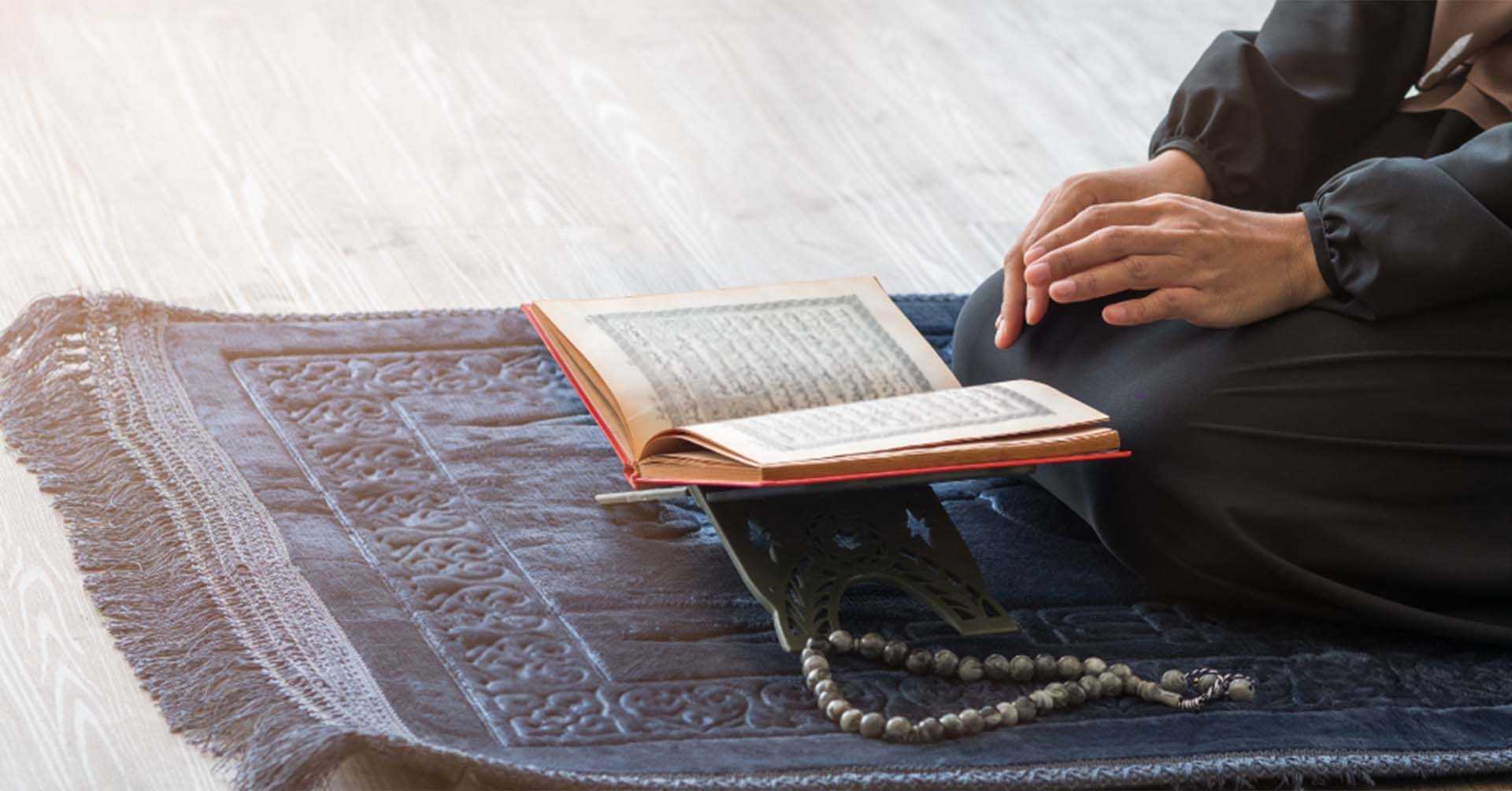
We are here to assist you to understand what Islamic prayer time is all about in Dubai.
How Many Times Can Muslims Pray Each Day?
Every day, salat (or prayer) is said at the following times:
- Fajr: Dawn prayer
- Dhuhr: midday prayer
- Asr: late afternoon prayer
- Maghrib: sunset prayer
- Isha: evening prayer
Since they are determined by the position of the sun, prayer times differ globally. A predetermined number of "rakat" or "rak'ah," or regulated gestures and phrases, must be said throughout each prayer period; see more below.
The "Call to Prayer"
A Muezzin (caller), who generally uses loudspeakers in a mosque, announces the prayer hours as described above. Most locations in the city will likely have the call to prayer.
"Iqamah," the inward call to prayer, is performed 20 minutes after Adhan (25 minutes after Fajr prayer time in Dubai and 5 minutes after Maghrib) to signal that prayers are about to begin.
Friday's Jumu'ah prayers, which constitute a collective prayer, are of great significance.
How else are Muslim Prayers Performed?
All of these prayers are said while facing the "Qibla," or the direction of the Kaaba, the revered mosque in Mecca, Saudi Arabia. In a process known as "wudu," or cleansing, Muslims must wash before prayer. A sequence of "rakats," or fixed postures, are then used in the prayer, and "Allah is Awesome" is said at each change in position.
While it is preferred that the prayers be said in a mosque to promote brotherhood, they may be said anywhere. Separately, men and women offer their prayers.
Non-Muslim Behavior at Prayer Time
Although there is no need for visitors to alter their behavior during prayer times, businesses are urged to stop playing music and providing entertainment during the call to prayer and until the prayer period is ended.
Smaller stores could momentarily shut at certain periods, but generally speaking, retail closures don't happen in big malls or the hotel industry.
Other Religious Events in Dubai
The Hijri Calendar, which deviates from the Gregorian calendar by around 10 days annually due to lunar cycles, is used in Dubai for religious festivals. You may learn more about Dubai Public & Religious Holidays here.
The Holy Month of Ramadan is the most crucial one for tourists to be mindful of. There are stringent observances to be cognizant of during this period, including daytime fasting.
This is a comprehensive list of all the Hijri Calendar celebrations for this year, along with a comparison to the Gregorian calendar. The major thing that visitors can notice on religious holidays is that alcohol services at pubs and restaurants could be suspended for a day.
You may reserve tours and special events at the Sheikh Mohammed Centre for Cultural Understanding in the Al Fahidi Heritage Neighborhood of Dubai if you'd want to learn more about the importance of religion and Islamic culture while you're in Dubai.
Is It Possible To Visit a Mosque in Dubai?
While not all mosques in Dubai and the UAE are accessible to non-Muslim tourists, there are a few particularly stunning and well-known ones that are available only during certain hours and under very stringent guidelines.
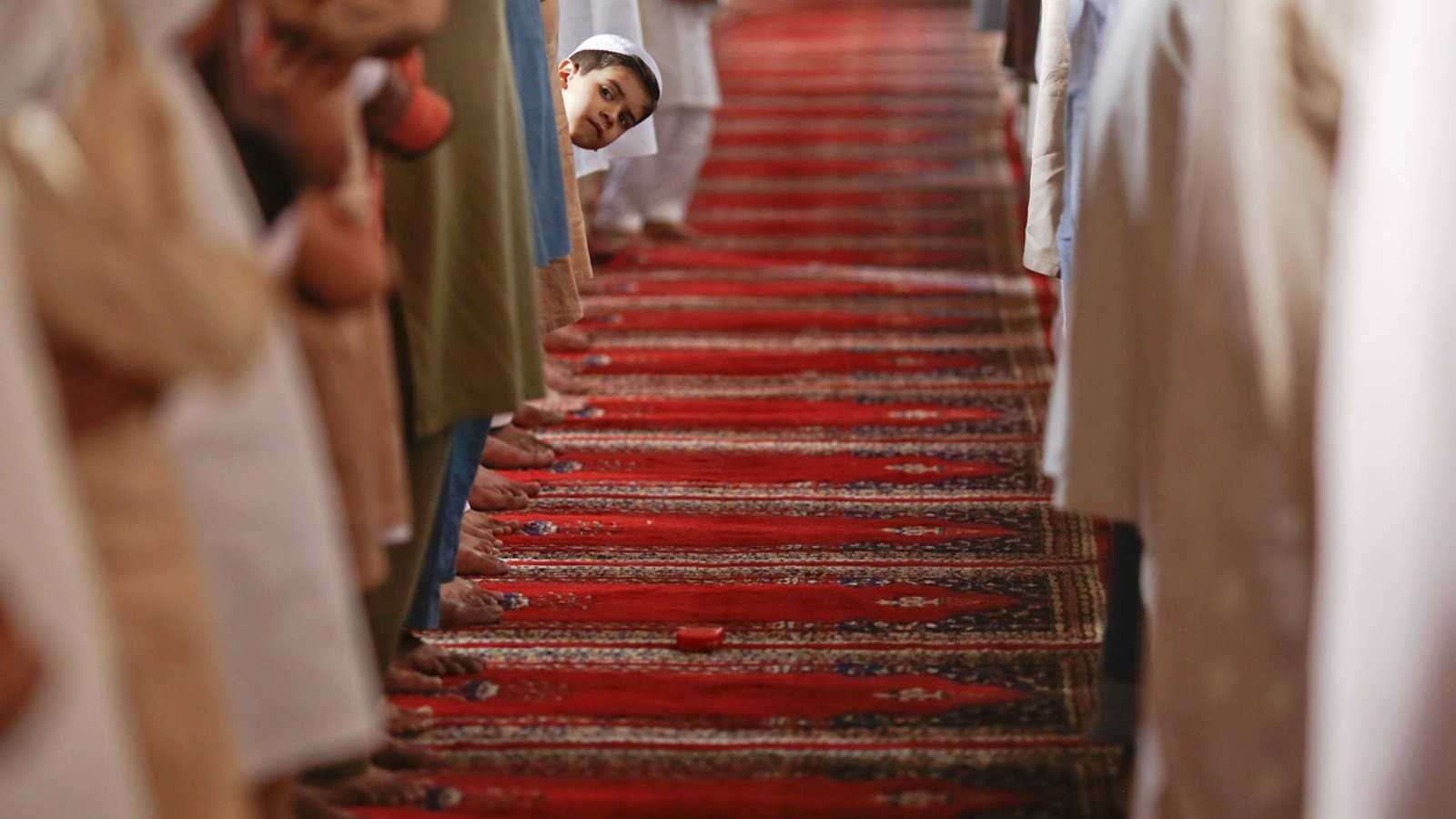
We have a comprehensive list of mosques in the United Arab Emirates that welcome non-Muslim guests here.
SMCCU offers daily tours of the Jumeirah Mosque in Dubai from 10 am and 2 pm (except on Fridays). There is no need to make reservations, however, there is a cover fee of 35AED per person. Light refreshments are provided during the program, and registration begins 30 minutes before. Traditional attire may be borrowed at the mosque, and modest clothing is preferable.
Al Farooq Omar Bin Al Khattab Mosque is another option (known as the Blue Mosque). They do not provide organized tours, but if you are properly attired, you are welcome to enter the mosque as a visitor or as part of a group on a guided tour. The Blue Mosque is a stop on this itinerary.
The most well-known mosque in the UAE, however, is located in its neighboring capital city, Abu Dhabi. From Dubai, you may take a day trip to see the Sheikh Zayed Great Mosque. These are just a few guided tour choices you might consider, or you can read our comprehensive guide to booking a day trip to the Grand Mosque from Dubai.
What Are Islam's, Five Pillars?
As we previously said, prayer is merely one of Islam's Five Pillars. These are:
Shahadah: To assert that Muhammad is Allah's prophet and that there is no other deity.
Salat is five daily prayers.
Zakat: To give to the destitute and those in need
Sawm: To observe a fast during Ramadan, the ninth month of the Islamic calendar (Hijri calendar).
Hajj: To visit Mecca on pilgrimage at least once throughout one's lifetime, if possible.
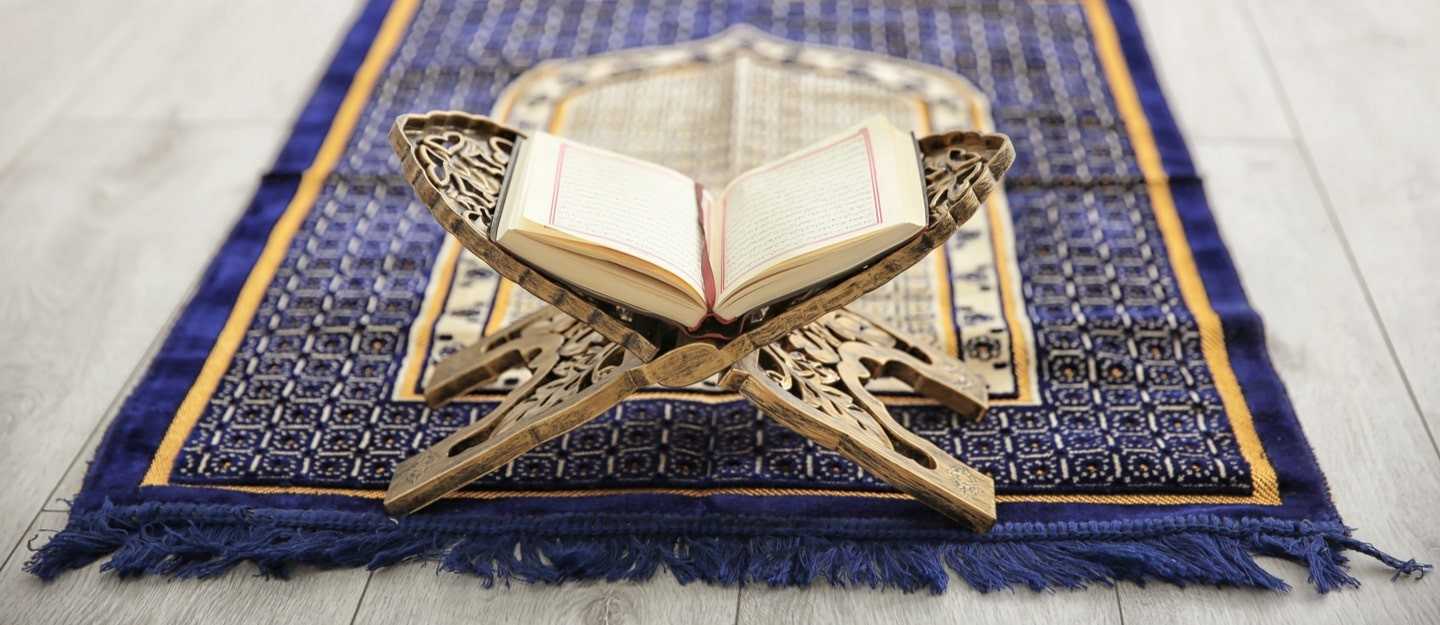


![Top Reasons To Have SEO Plan For Every Dubai Business [2025 Update]](/thumnails/blog/2024/11/1732278589.jpg)
